Urban gardens in Mexico City
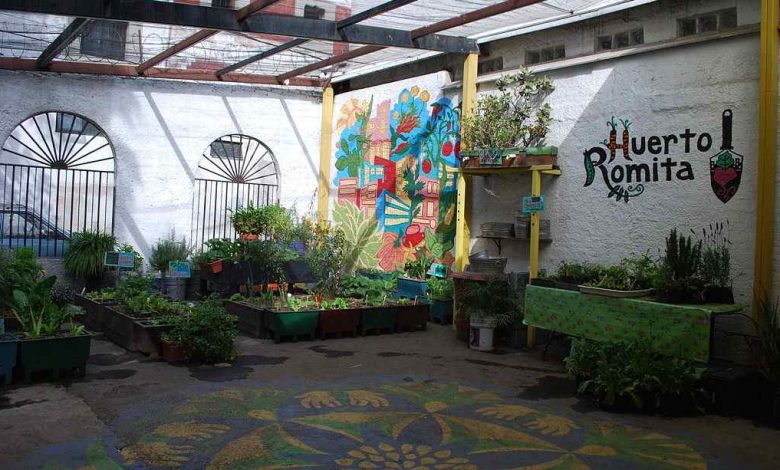
After getting to know the gardens of Buenos Aires and Berlin, today we are going to talk about urban gardens in Mexico City. Mexico City, Federal District, is the capital and one of the 32 federal entities that are part of Mexico. It is the largest urban nucleus in the country, as well as the main political, academic, financial, business and cultural center.
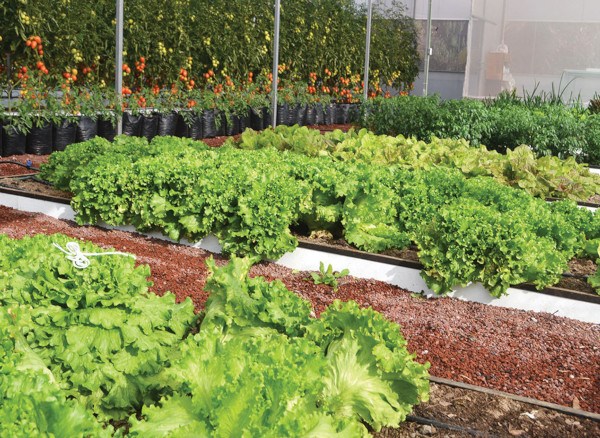
The growth of the city is one of the fastest in the world, and its economy is expected to triple by the year 2020. Its population is around 8.8 million inhabitants, the capital together with the suburban area (Metropolitan Area of the Valley of Mexico) adds a population of more than 21 million inhabitants, which makes it the third largest urban agglomeration in the world.
Due to its low cost, its health benefits and its proximity, food production in urban gardens is gaining strength in Mexico City. For the Government, they constitute a source of food that strengthens the food security of the country, and that is why for a couple of years programs have been carried out to encourage the creation of this type of spaces dedicated to urban agriculture.
Government programs that promote urban gardens
Since 2013, a small-scale organic farming program has been launched that consists of occupying common spaces without constant use to transform them into orchards tended by the neighbors themselves. Crop surpluses are sold and the resources obtained are reinvested in the community itself.
Another agency that promotes family farming is the Ministry of the Environment (Sedema), with programs such as Alcánzame, which every first Sunday of the month during the bike ride on Reforma invites people to get to know the orchards at home and advises on the process of facility. In the first two editions of the program, more than two thousand people were attended.
Mujer de Huerto is another of their programs and in it they train women, housewives, in vulnerable situations or students to take care of the orchard.
The Government of Mexico City and the Ministry of the Environment invite citizens to participate in the courses on urban gardens that are taught at the Environmental Education Centers (CEA) Acuexcómatl, Yautlica and Ecoguardas. In these workshops, theoretical and practical activities are developed on how to implement urban gardens in homes, the importance of the soil, benefits of organic fertilizers, preparation of compost, homemade pesticides, selection of seeds, as well as contributions to the nutrition and health of citizens to improve their quality of life.
LEARNING CENTERS ON URBAN GARDENING IN MEXICO CITY
In Mexico City, learning centers on urban agriculture are common in which workshops are held to train farmers and they are advised to set up their garden at home. Here we will talk about some of them:
Author Crop
Founded in 2008, this school garden is responsible for promoting cultivation in all its facets. It began as a service for the sale of organic products, focused on vanilla for gourmet stores. Since then they have been dedicated to sustainably producing basils of different colors and flavors, tomatoes, flowers, oregano and a whole series of top quality products that attract even the best chefs in Mexico City. They are a cultivation school in which They also teach ecological techniques, such as water harvesting, cooking, and solar dehydration.
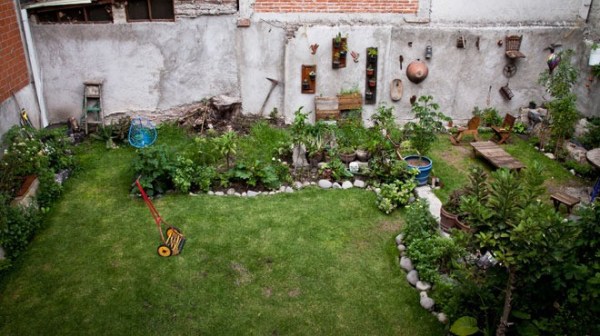
Sowing Mercy
It is an allied project of the SomosMexas collective where community participation is encouraged through urban agriculture workshops. The activities take place on the roof of ATEA (the SomosMexas studio-workshop in La Merced), which has been transformed into a 40-square-meter garden where vegetables, aromatic herbs and greens are grown. They offer a wide variety of workshops focused on organic farming such as vermiculture, mulching, hydroponics and ecotechnics.
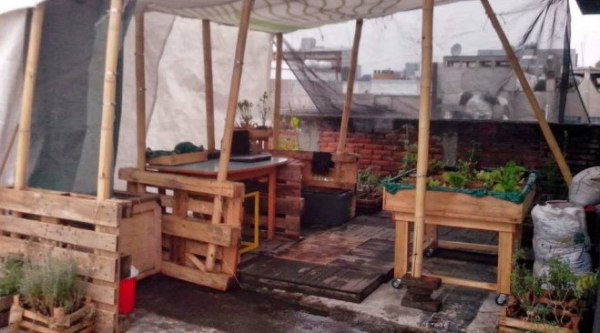
Natural
They are engaged in promoting the cultivation of vegetables and vegetables at home. They teach courses focused on future urban farmers through workshops on mushrooms, hydroponics or how to select the plants and vegetables to grow. They also advise during all the productive stages of each crop.
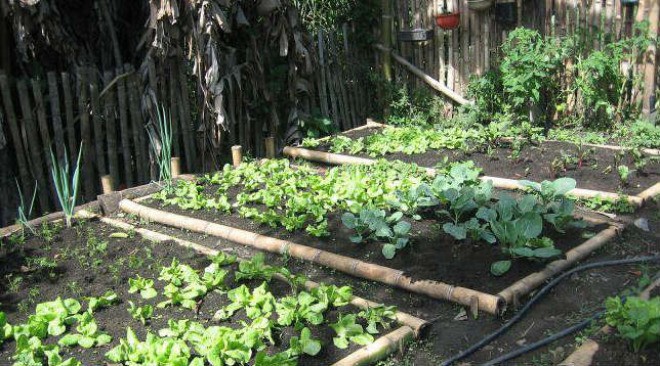
cool vegetable
This project consists of creating vegetable gardens at home using a special form of cultivation called MOL. This hydroponic growing method allows for the cultivation of up to six types of vegetables and herbs. Chula Verdura seeks to create ties between MOL users through a web platform in which they share their growing experiences.
Azcapotzalco Green Center
This center offers courses and dynamic talks to get the population to respect nature. Strategies are planned to train visitors in the development of sustainable projects through recycling workshops, creation of orchards, hydroponic cultivation and rainwater harvesting. Its objective is to position organic production as a healthy, fair and sustainable alternative.
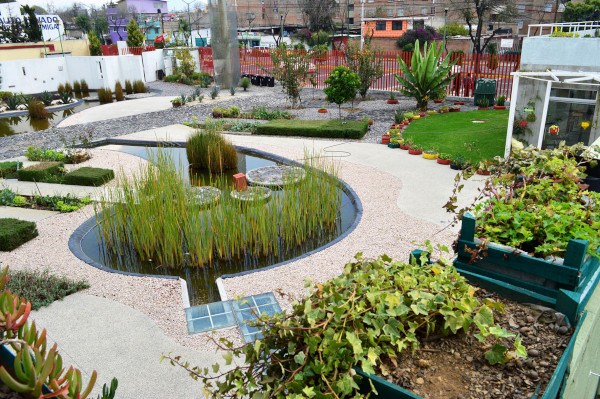
They offer two types of workshops: one for the creation of urban gardens and another for creative kitchen gardens, since for them it is not only important to cultivate, but to be able to consume nutritious and delicious food. In addition to visiting them at their headquarters in Coyoacán, they give their workshops in different forums, inside and outside of Mexico City.
Urban Sowers and Romita Orchard
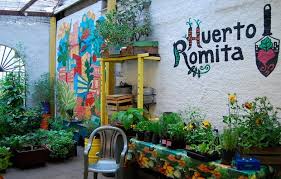
Organization that promotes urban agriculture, offering materials, seeds, and training workshops. It has a demonstration center, the Romita Urban Agriculture Center. The organization disseminates its teaching in a variety of ways, including courses and workshops at the Romita garden and other sites, consulting and design services for clients and businesses, and a school garden program in the city.
I await your comments and that you tell us if you know any of these orchards. Until next time Agrohuerters!

![Photo of Cucurbits Angular Spot: [Characteristics, Detection, Effects and Treatment]](https://www.complete-gardening.com/wp-content/uploads/2022/08/cucurbits-angular-spot-characteristics-detection-effects-and-treatment-390x220.jpg)

![Photo of Cedar of Lebanon: [Cultivation, Care, Pests and Diseases]](https://www.complete-gardening.com/wp-content/uploads/2022/08/cedar-of-lebanon-cultivation-care-pests-and-diseases-390x220.jpg)
